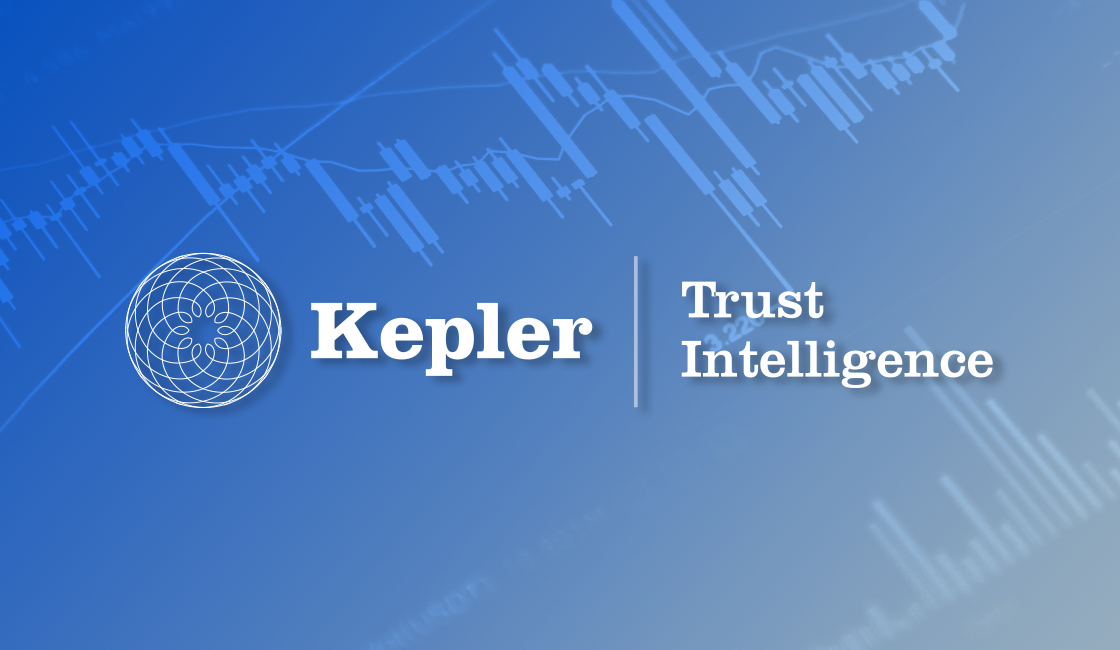Article by The Globe and Mail contributor Shirley Won | Published on May 24, 2022
Rising food inflation and shortages fuelled by a perfect storm of war, droughts, and the COVID-19 pandemic have put the spotlight on agriculture stocks.
Although agriculture plays conjure up names in the materials, industrial and consumer staples sectors, technological innovations that are making farming more efficient and sustainable are helping bolster a bullish case for this space.
“Demand [for food commodities] is strong and supply is tight, but even if supply rebounds over the next couple of years, the world still needs sustainable access to food,” says Robert Lauzon, chief investment officer and portfolio manager with Middlefield Capital Corp.
The outlook for agriculture is “quite strong” with long-term tailwinds, says Mr. Lauzon, who co-manages Middlefield Global Agricultural Class fund. “Demand is coming from a growing world population and disruption in globalization.”
Global food prices, which hit an all-time high in March, retreated slightly last month, according to the Food and Agriculture Organization (FAO) of the United Nations. The FAO Food Price Index averaged 158.5 points in April, down 0.8 per cent from March when it reached its highest since its inception in 1990.
The FAO, meanwhile, forecasts growth in the world’s population to almost 10 billion by 2050. That would boost agricultural demand – in a scenario of modest economic growth – by some 50 per cent compared with 2013, it says.
Food protectionism has also been on the rise. India banned wheat exports earlier this month, while Argentina banned soybean meal and oil exports in March. Palm oil exports from Indonesia, however, have just resumed after being halted in April.
“Food is a world problem,” Mr. Lauzon says. “It’s getting it out of the ground, producing more, and getting it to people in a less carbon-intensive process. You can’t solve the [climate change] problem by just going after the oil and gas companies. Twenty-five per cent comes from farming.”
Although rising crop prices are bad for consumers, it helps farmers afford higher fertilizer prices and acquire innovative technology to efficiently grow crops, he says. “The play for the next 10 years is to make farming more productive.”
Some farmers are still skeptical about embracing digital technologies, he says.
“But it’s happening as big companies buy out farmers and private equity money is also buying farmland. …Those guys, for sure, want technology.”
Investment in minerals, oilseeds and technology
Fertilizer stocks, meanwhile, have pulled back with the broad market after soaring this year as crop-nutrient prices spiked after Russia’s invasion of Ukraine. Russia and its ally Belarus produce about 40 per cent of the world’s potash.
Given supply uncertainty, Mr. Lauzon expects elevated potash prices to continue through 2023. He is bullish on Nutrien Ltd. NTR-T because it is “uniquely positioned with idle potash production capacity” that could come online and further increase its free cash flow.
He also likes Mosaic Co. MOS-N, a producer of phosphate in addition to potash.
The phosphate market has been tight because China suspended exports of this commodity last fall. The ban is supposed to last until June, but Mosaic expects it will be challenging for China to resume a high level of exports, he says. Phosphate has growing industrial uses, including in batteries for electric vehicles.
Archer-Daniels-Midland Co. ADM-N is also a top holding in his fund. The food processor converts oilseeds, such as soybeans, into vegetable oil, as well as other crops into products needed by the food and beverage industry, he adds.
Mr. Lauzon says that his fund also holds companies that are plays on precision agriculture, a method of
farming using technological innovations – including drones, sensors, soil sampling and GPS guidance – to grow crops more efficiently.
He likes Corteva Inc. CTVA-N, a seed and crop-protection company that was spun out of DowDuPont in 2019. It also operates one of the large agricultural drone fleets in the world to help farmers plant and harvest crops.
Farm-equipment maker Deere & Co. DE-N is also a compelling play, he adds. Many tractors today use semiconductors, and Deere will roll out self-driving tractors that can be controlled by a smartphone later this year. So far, it has been able to increase equipment prices to partially offset rising expenses, he adds.
Mr. Lauzon’s fund also holds Trimble Inc. TRMB-Q, an industrial technology company that provides software to help farmers optimize crop yields, and CubicFarm Systems Corp. CUB-T, which makes vertical-farming machines that allow greens to grow on top of another in a climate-controlled facility.
Opportunities in sustainable investments
Martin Grosskopf, vice president and portfolio manager with AGF Investments Inc., invests in some agriculture-related stocks, but they must also meet his criteria for environmental sustainability or improving nutrition.
“Our investments in the space tend to be longer term,” says Mr. Grosskopf, who oversees AGF Global Sustainable Growth Equity Fund. “The dynamics of a crisis like a geopolitical [event] don’t factor into how we invest.”
For example, his fund owns shares in Valmont Industries Inc. VMI-N, a maker of centre-pivot and linear irrigation equipment. This system uses water more efficiently than traditional irrigation methods, he says.
Given the periodic drought issues facing farmers globally, and particularly in the U.S. Midwest and the Canadian Prairies, the better use of water through precision-irrigation equipment is important, Mr. Grosskopf says.
“We added the name two years ago when crop prices started to improve,” he says. “We like to see balance
sheets improving on the farm so they [farmers] are more likely to invest in equipment.”
His fund also owns Koninklijke DSM NV, a Netherlands-based multinational health, nutrition, and biosciences company. Its stock also trades on the U.S. over-the-counter market under Royal DSM NV ADR RDSMY.
“It’s a specialty materials company that provides inputs to a lot of large, packaged goods companies,” he says. Its food and beverage division offers ingredients ranging from natural preservatives to plant-based proteins.
Royal DSM is also working on getting traction from feed additives for cows to reduce methane emissions, he adds. Methane, a natural byproduct of digestion in cows, is a more potent greenhouse gas than carbon dioxide.
He also likes HelloFresh SE HLFFF, a German-based meal-kit company whose stock also trades on the U.S. over-the counter market. The sustainability in this business is that it generates less waste for consumers than buying food from traditional grocers to prepare at home, he says.
“Every meal is proportioned to what you are using, and the ingredients that you are getting arrive fresh at the door,” Mr. Grosskopf says. “It has significantly higher margins than a [grocery] retailer like Loblaws Inc. or Kroger Co.”

Whether you have specific investment inquiries or general questions about Middlefield, our team would be glad to help.
Contact us
Disclaimer
Commissions, trailing commissions, management fees and expenses all may be associated with mutual fund investments. Please read the prospectus before investing. You will usually pay brokerage fees to your dealer if you purchase or sell units/shares of investment funds on the Toronto Stock Exchange or other alternative Canadian trading system (an “Exchange”). If the units/shares are purchased or sold on an Exchange, investors may pay more than the current net asset value when buying and may receive less than the current net asset value when selling them. There are ongoing fees and expenses associated with owning units or shares of an investment fund. An investment fund must prepare disclosure documents that contain key information about the fund. You can find more detailed information about the fund in these documents. Mutual funds and investment funds are not guaranteed, their values change frequently and past performance may not be repeated. Certain statements in this disclosure are forward-looking. Forward-looking statements (“FLS”) are statements that are predictive in nature, depend upon or refer to future events or conditions, or that include words such as “may”, “will”, “should”, “could”, “expect”, “anticipate”, “intend”, “plan”, “believe”, or “estimate”, or other similar expressions. Statements that look forward in time or include anything other than historical information are subject to risks and uncertainties, and actual results, actions or events could differ materially from those set forth in the FLS. FLS are not guarantees of future performance and are by their nature based on numerous assumptions. Although the FLS contained herein are based upon what Middlefield Funds and the portfolio manager believe to be reasonable assumptions, neither Middlefield Funds nor the portfolio manager can assure that actual results will be consistent with these FLS. The reader is cautioned to consider the FLS carefully and not to place undue reliance on FLS. Unless required by applicable law, it is not undertaken, and specifically disclaimed that there is any intention or obligation to update or revise FLS, whether as a result of new information, future events or otherwise.
This material has been prepared for informational purposes only without regard to any particular user’s investment objectives or financial situation. This communication constitutes neither a recommendation to enter into a particular transaction nor a representation that any product described herein is suitable or appropriate for you. Investment decisions should be made with guidance from a qualified professional. The opinions contained in this report are solely those of Middlefield Limited (“ML”) and are subject to change without notice. ML makes every effort to ensure that the information has been derived from sources believed to reliable, but we cannot represent that they are complete or accurate. However, ML assumes no responsibility for any losses or damages, whether direct or indirect which arise from the use of this information. ML is under no obligation to update the information contained herein. This document is not to be construed as a solicitation, recommendation or offer to buy or sell any security, financial product or instrument.












